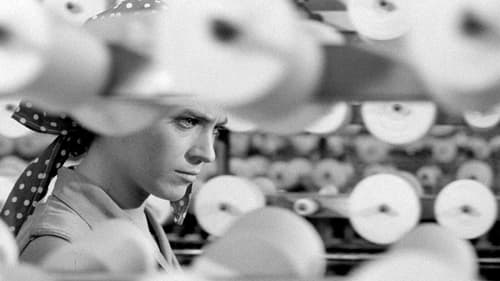Bródy János
Nacimiento : 1946-04-05, Budapest, Hungary

Krónikás / Öreg regős

Music
The actress is always lonely, she has nobody to love. She adopts a young boy from the orphanage, who formerly arrived on Earth by a flying suitcase and a policeman took him to the orphanage. The actress would be willing to adopt him, but there is no hope for this at the beginning.

as Self

Original Music Composer
Contemporary genre-painting of a Hungarian "middle class" family of four. The scene is the villa apartment almost finished, where the tourist guide mother, father who also works for the second economy and the lonely big girl preparing for her maturity examination turn up alternatively. It is only the teen-ager boy who really "lives" in this place: instead of attending school he stays home all day and observes the life of the surrounding by a self-made periscope. Internal communication of the family is accomplished in writing, on the pin-up board in the kitchen.

Regős
István, a király ("Stephen, the King") is a Hungarian rock opera written by Levente Szörényi (music) and János Bródy (lyrics), based on the life of Saint Stephen of Hungary. The storyline was based on the play Ezredforduló (Turn of the Millennium) by Miklós Boldizsár, who co-wrote the libretto. The opera was first staged in 1983 on an open-air stage in Budapest. This first performance was also made into a 1984 film, directed by Gábor Koltay, and its music released on an album. The musical became a smash hit and is still very popular in Hungary and among Hungarian minorities in neighboring countries.

Screenplay
István, a király ("Stephen, the King") is a Hungarian rock opera written by Levente Szörényi (music) and János Bródy (lyrics), based on the life of Saint Stephen of Hungary. The storyline was based on the play Ezredforduló (Turn of the Millennium) by Miklós Boldizsár, who co-wrote the libretto. The opera was first staged in 1983 on an open-air stage in Budapest. This first performance was also made into a 1984 film, directed by Gábor Koltay, and its music released on an album. The musical became a smash hit and is still very popular in Hungary and among Hungarian minorities in neighboring countries.

Music

Original Music Composer
Családi tüzfészek (aka Family Nest) is an intimate portrayal of a family slowly disintegrating under various pressures in late 1970s communist Hungary. The plot of the film is deceptively simple, with the occasional momentous event--including one that's relatively shocking, but plot in a conventional sense is not the focus here.

Original Music Composer
This satire on film depicts the micro-climate of a technical vocational school newly established at a housing estate. The construction vocational school holds a name-giving ceremony, thus calling the attention of its supervisory organ to itself. The school-master distributes as well as receives presents from the sponsoring factory, and the pupils sit for a written examination of unheard-of material. The results are devastating, which the despotic school-master attempts to conceal by a staged disciplinary procedure.

Bródy János

Musician (uncredited)
A young woman leaves a state orphanage to find her mother in this interesting examination of how the overt repression of women in the older pattern of village life has been replaced by the more subtle exploitation inherent in the apparently freer existence of young girls in the contemporary city.

Laci is facing maturation and he wants to work, but his intellectual parents want him to be at the university. Laci feels lonely, because back home the centre is his younger brother and he also deceived in Zsuzsa, his class mate. The girl is already an accomplished pop singer, member of the Illés, and she only returns the love of Laci as a friend. But through Zsuzsa he can meet the members of the well-established group, whose members even lend him their instruments for the concert of the school group. They also play together and another brown girl cheers him already.

Self
Laci is facing maturation and he wants to work, but his intellectual parents want him to be at the university. Laci feels lonely, because back home the centre is his younger brother and he also deceived in Zsuzsa, his class mate. The girl is already an accomplished pop singer, member of the Illés, and she only returns the love of Laci as a friend. But through Zsuzsa he can meet the members of the well-established group, whose members even lend him their instruments for the concert of the school group. They also play together and another brown girl cheers him already.

self
It would be difficult to overestimate the importance of János Bródy and his role in Hungarian-language rock music culture regarding this, but even if we refrain from the superlatives prevalent in the fan circle, we must objectively state that his life work has become an inescapable part of the history of the Great Generation. We recorded special and exciting material, while looking at older and newer, never-before-released concert recordings, and things were discussed that allow a deeper insight into the secrets of the workshop of an epoch-making artist. This is how the portrait film CONFESSIONS about János Bródy was made.









